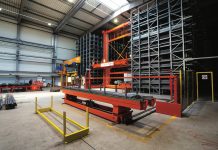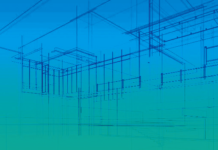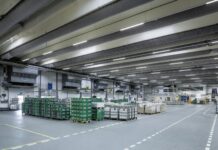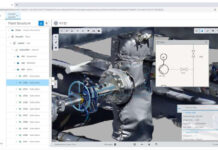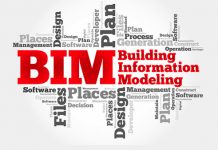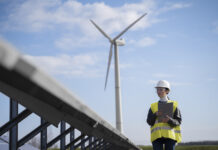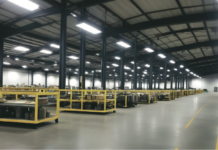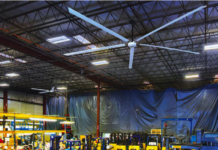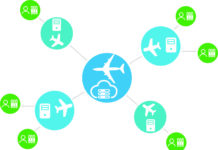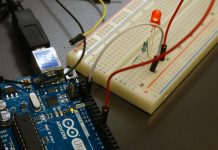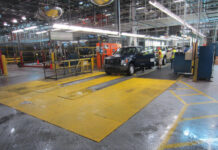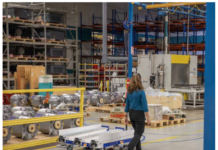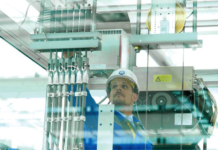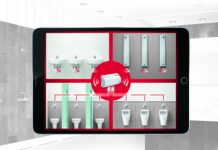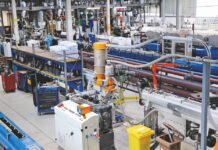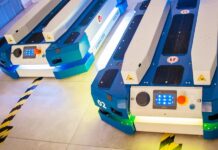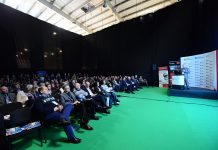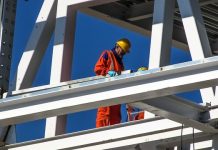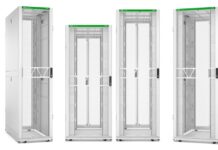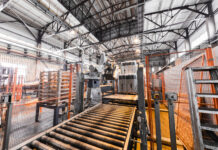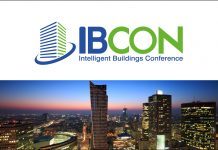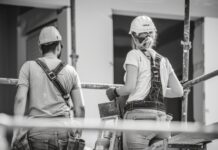A new report reveals that current retrofitting efforts are insufficient to meet net-zero targets. Experts highlight the digitalization of buildings using AI-driven tools to accelerate progress and reduce costs.
Retrofitting is often touted as a solution to boost energy efficiency in buildings. However, recent reports indicate that current retrofitting rates are inadequate for reaching net-zero goals. Progress of major economies is, in fact, plateauing, or in the case of the US, showing an upward trajectory. Energy efficiency experts state that the world has to digitalize energy management of buildings by employing AI solutions to make retrofitting work.
Studies state that 40% of global carbon emissions come from buildings and if left as it is, the number can double, not fall by 2050. In some regions, as much as 75% of buildings are already energy inefficient.
The US is planning to upgrade 4 million properties as part of sustainable infrastructure, showcasing that retrofitting seems like a viable option.
However, the stalling trend showcased in the report indicates otherwise – current retrofitting measures .
„Retrofitting often prioritizes reconstruction over innovative solutions that boost energy performance, and that is the problem. There is too little progress in current retrofitting models to achieve net zero emission targets. By digitalizing buildings, we can accelerate retrofitting rates and cut costs. Implementing AI solutions is essential to address this issue. However, this approach is frequently overlooked,” stated Donatas Karčiauskas, CEO of Exergio, a company that focuses on improving energy efficiency with their AI-based energy management tools.
Research studies show that large-scale reconstruction methods led by the governments are too costly. If various energy systems inside the buildings are not operating efficiently, a lot of energy remains wasted even after upgrades. AI-based platforms such as Exergio exemplify the potential of digitalization to break through the plateauing emission trends.
If a building’s heating and cooling systems operate simultaneously by error, it wastes a large quantity of energy, CO2, and money. A digitalized and AI-driven system would monitor the building’s data 24/7, find the errors, and eliminate them effectively. Thus, energy consumption, even in old buildings can be cut by 20%.
„Without integrating additional innovative solutions, such as AI-driven technologies, we will not achieve the necessary reductions in emissions. Retrofitting alone has proven insufficient to meet our sustainability goals. Even Germany, which is among the best-performing countries in retrofitting, is still lagging behind the necessary targets. The situation is even more dire for other major economies in the EU and the US,” concluded Karčiauskas.
Previous use cases of Exergio’s solutions demonstrate significant savings. For instance, in Poznan, Poland, buildings equipped with Exergio’s AI platform achieved 20% reductions in energy waste, translating to financial savings of €80k in 9 months.

